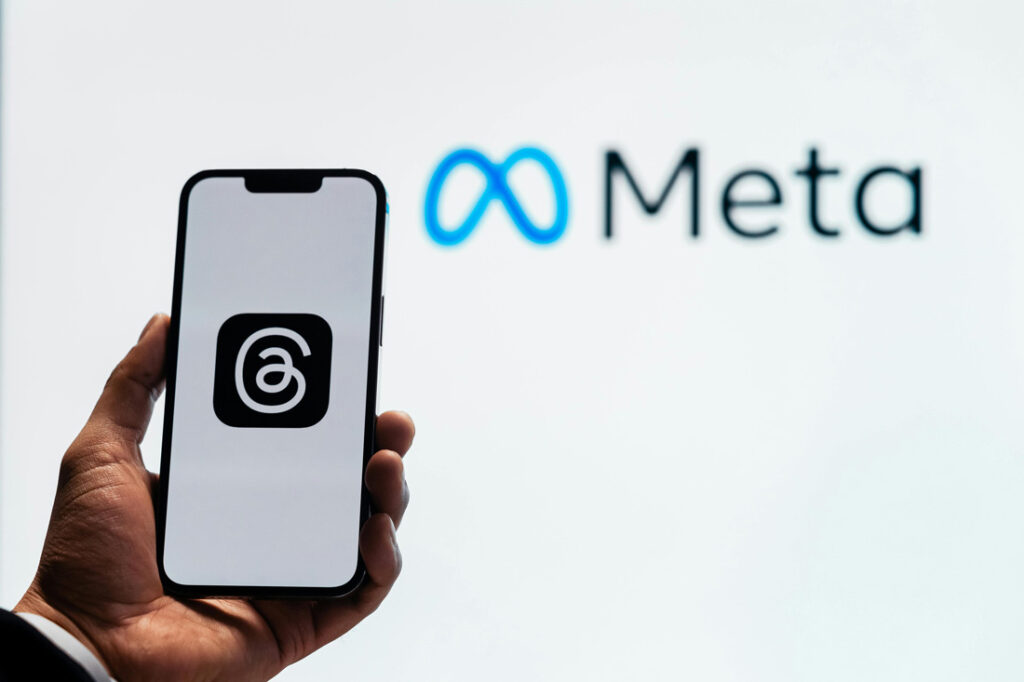In a major development, Meta has announced the upcoming launch of a groundbreaking AI-powered video and editing tool for Reels that will revolutionize social media content creation and the future of digital communication—at least according to Mark Zuckerberg.
Meta’s vision: Enhancing creative output for social media creators
Meta Movie Gen will allow users to create up to 16 seconds of AI-powered videos using text prompts. The new technology will enable personalized videos, allowing users to input a person’s image and combine it with a text prompt to create a video featuring the referenced person and vivid visual details, as explained in a blog post published by the tech company on Oct. 4. This side project, one of many Meta is currently developing, is aimed at social media filmmakers and creators predominantly, equipping them with tools to massively enhance their creative output.
From film studios to social platforms, AI-generated video is emerging as a powerful tool, and we’ve already seen the ripple effects of its emergence. The rise of generative AI has sparked concerns, and governments worldwide are now investing in research to ensure the industry is regulated. Risks of cybersecurity breaches, data privacy, job losses and fraud are just scratching the surface.
AI and Hollywood
As Hollywood navigates ongoing layoffs and budget cuts, the potential for AI to streamline the often messy and time-consuming production processes that have jeopardized the film industry’s long-term sustainability looks promising. According to Genario founder David Defendi, everyone in Hollywood is already using it, “but they are scared to admit it publicly.” In the face of sluggish growth, it is not just Hollywood with an eager eye—countless industries are seeking these kinds of technological solutions to stay competitive and thrive.

Nevertheless, worries persist in Hollywood regarding job protection and the future role of the “human actor.” The dangers of AI video creation extend well beyond job security and the future of Hollywood filmmaking though; its potential for disseminating fake content and political misinformation and for being utilized in scam schemes is an urgent contemporary concern.
Experts are grappling with the rapid rise of generative AI technology and are under pressure to develop real-time solutions to these issues as they emerge. Meta, just recently reaching a historic $1.5 trillion market cap, promised a genuine and positive vision for this new AI technology, but will inevitably need to confront significant concerns regarding online user protections and job protections before they officially roll out Movie Gen next year.
The double-edged sword of AI development: Opportunities and ethical concerns
Meta has responded to these early fears upon announcing Movie Gen, assuring users that “generative AI isn’t a replacement for the work of artists and animators” but rather should act as a catalyst for leveraging unexplored creative avenues. Meta’s greatest challenge of all will likely be finding ways to prevent this new technology from amplifying and spreading disinformation, an issue already central to ongoing debates around social media regulation, as clamor over the online “fake news” epidemic reaches a tipping point. Addressing these risks will be crucial if Meta aims to protect its brand image and foster an inclusive and trusted online experience.
Meta is indeed aware of just how controversial and poignant current conversations about AI are. In recent days, a blueprint for an AI Bill of Rights was published by the White House, detailing how AI developments must maintain a commitment to civil rights and democratic freedom. The deputy assistant director of the Cyber Crimes Center at HSI, the federal law enforcement agency within the Department of Homeland Security, Mike Prado, claimed there has been an “exponential rise in the use of generative AI tools to exploit children, facilitate transnational financial fraud schemes, and exploit cybersecurity vulnerabilities, this year,” speaking exclusively with GovCon Wire.
The future is now: How generative AI could transform the workplace
The unprecedented power of generative AI has rightfully placed it under scrutiny. Yet the technology’s potential remains undeniably intriguing and an unavoidable application for the future. While ChatGPT’s language skills are impressive and are now globally used to aid research and help with everyday tasks, generative AI’s capacity to create realistic videos and images is yet to be seen.
What we do know is despite the inevitable worries over its long-term impact, there is a reason 96% of organizations surveyed globally say generative AI is a “topic of discussion in their boardrooms,” according to the French tech firm Capgemini. Corporations across the world are keeping their eyes on generative AI’s impact, particularly on workplace productivity. “Current generative AI and other technologies have the potential to automate work activities that absorb 60 to 70 percent of employees’ time,” says McKinsey and Company in a recent report. The consulting firm’s findings also suggest that generative AI could contribute to labor productivity growth ranging from 0.1% to 0.6% annually through 2040, depending on how quickly the technology is adopted.
As Meta seeks to make its next big move with Movie Gen for Reels, the company will need to navigate numerous changes to bring generative AI video to the forefront of social media communications. Zuckerberg is eager to differentiate Meta in the market. He has already launched the more restrained Threads platform to compete with X, introduced a vision for a Metaverse future and unveiled the most advanced augmented reality glasses available. To ensure the success of his latest AI initiative in Movie Gen, Zuckerberg must now fulfill his commitment: implementing generative AI in ways that enhance, rather than detract from, the user experience.
Photo by Julio Lopez/Pexels.com











